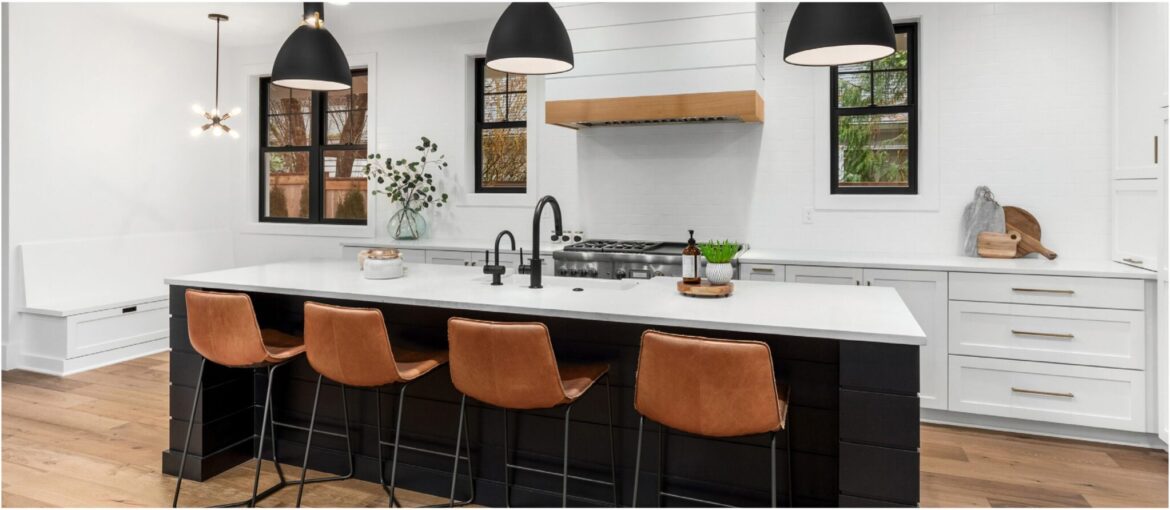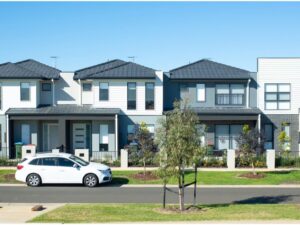
Owning a home is the Great Australian dream. For many people, achieving this goal is their number one priority. But when you’re buying, it helps to know exactly what adds to and subtracts from the value of a place. This will help you make a decision with your head rather than your heart.
As real estate agents, we want to help you pay the right price for the home you have your eye on so you feel happy about your next move. Here is some information to keep in mind:
How are homes valued?
• Location, location, location
Homes in certain postcodes will sell for more than others because they are near the beach, close to the CBD or within walking distance from quality schools.
While some suburbs are always sought after, others can experience changing levels of demand.
For example, a quiet semi-rural area may rise in value when it is earmarked for development and growth. New railway stations, hospitals or shopping centres can help a less sought- after postcode to increase its appeal. When you’re a buyer, this can affect the value, however it’s always good to get in as early as possible so you can benefit as prices rise.
Keep the future of a location in mind when you’re shopping for homes; some areas have the potential to go backwards, for example if a major jobs provider shuts down or if the
council allows overdevelopment without the necessary infrastructure.
• Curb appeal and beyond
A home with curb appeal will often sell for a little more. However, when determining the true value of a home, far more than first impressions are taken into account.
The property’s structural soundness must be considered before you make an offer. If the home looks fantastic from the front but is actually falling apart, the value will change because of the money that’s needed to repair it.
Having a building inspection is key so you know you’re not overpaying for an attractive front garden. The report the inspector gives you will help in your negotiations; it doesn’t mean the house isn’t worth buying; just that the price should come down.
• Size and scale
This is probably the most self-evident factor. A larger home with more bedrooms, a study and a separate living area will be more valuable than a similar one on the same street with a smaller floor plan.
Before you buy, think about the cost of upkeep for the house. If you can afford the mortgage but can’t keep the place in good condition, it won’t remain in line with market value and may become a money pit.
• Competition
Heavy competition for a property will raise the asking price. In an overly competitive environment, many people get excited and overpay. The risk is that it will then take longer to get return on investment.
When you’re looking for a home, the demand in the area will always factor into the final price.
Two tips are to be careful before you pay a figure that exceeds market value, and to develop a good relationship with your real estate agent so they can let you know about properties coming available before they hit the market.
• Do your research
You’ll have a better idea of the right price to pay if you do plenty of research before you start making offers. Speak to agents about what properties are selling for and take a look at some homes that fall within your budget. If you really want to be well-informed, you can start following the per-square- metre price point of homes; it will give you an idea of how value is determined.
So many factors contribute to the value of a home and some of them are less obvious than others. By building your knowledge of the local property market and enlisting the help of a reliable real estate agent, you’ll become a more savvy buyer.
Want to learn more about buying a home? Contact me today at teresa@teresaberger.com.au




